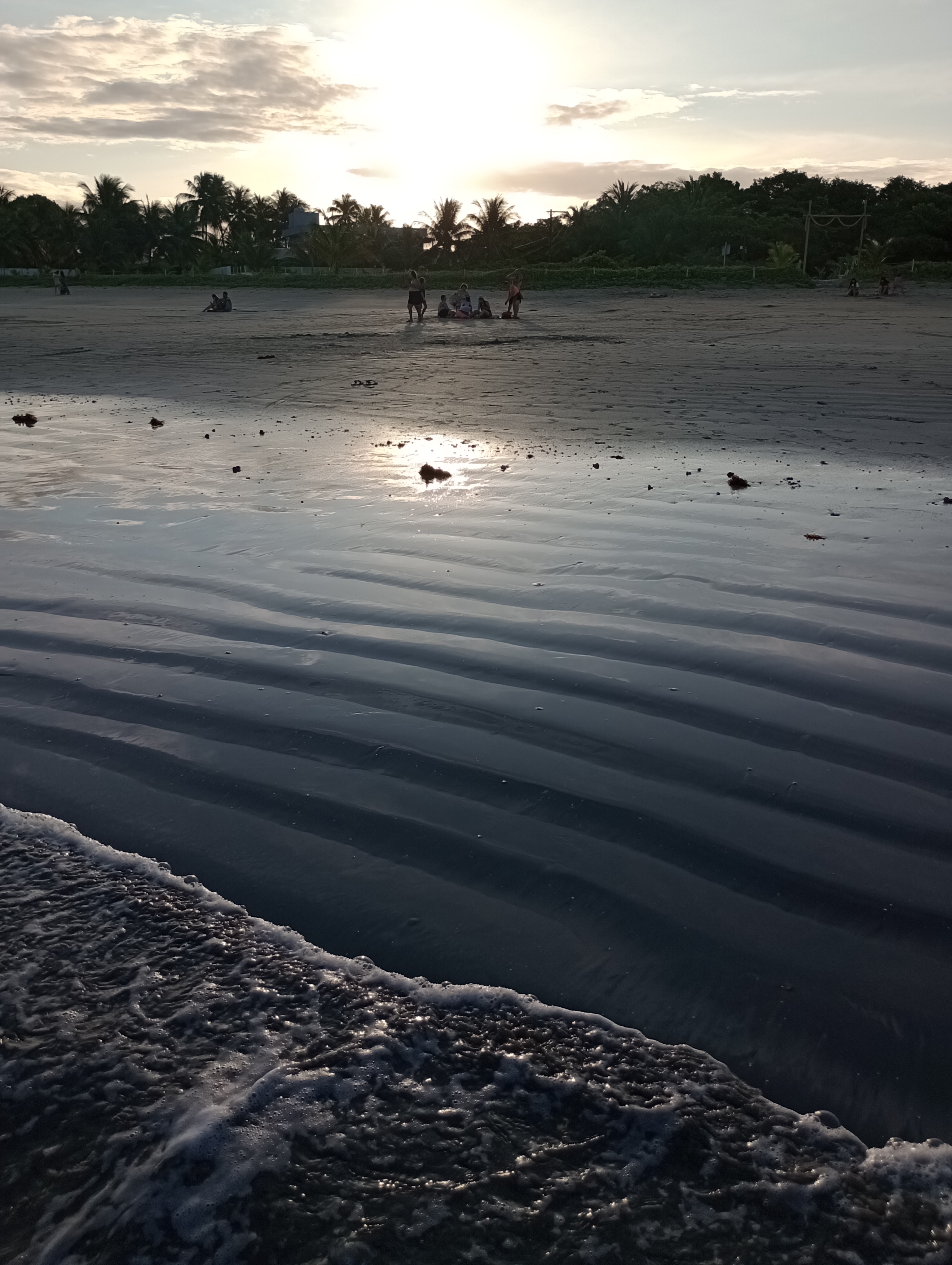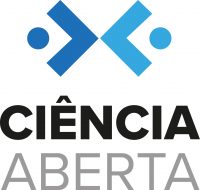The use of the Unesco Mondial Geopark Seridó brand as a Tourist Promotion Factor
DOI:
https://doi.org/10.18226/21789061.v16i3p462Keywords:
Brand, Seridó Geopark Mondial from Unesco, Tourism Promotion, Official Partners, TourismAbstract
The Seridó Geopark from Unesco, Brazil, located in the interior of the state of Rio Grande do Norte, has been developing actions in education, conservation, and tourism, allied with regional development and sustainable practices in its territory. The aim of this study was to understand how the Seridó UNESCO Global Geopark brand is utilised on social media. Methodologically, this is a descriptive, interpretative, and explanatory study. The data collection instrument was a questionnaire applied to the Executive Board of the Seridó Intermunicipal Public Consortium Geopark. It was found that the brand creation process includes aspects of the territory's biodiversity, geodiversity, and culture, all local identity factors. Additionally, the use of the Seridó Geopark brand is beneficial for official partners, as there is greater credibility and reliability, given that a protocol is required to establish this partnership. It was also identified that the social media platforms used by the Seridó Geopark are Instagram, YouTube, the official website, Facebook, and Twitter. It is clear that Instagram stands out among the others. Therefore, the Geopark brand in question is observed as a factor in promoting tourism, both in terms of its importance to the locality and to official partners.
References
American Marketing Association - AMA. (2017). What Is Marketing. Link
Bardin, L. (2010). Análise de Conteúdo. Lisboa: 70.
Brilha, J. (2002). Geoconservation and protected areas. Environmental Conservation, 29(3), 273-276. Link
Dencker, A. de. M. (2008) Pesquisa em Turismo: Planejamento, Métodos e Técnicas. São Paulo/SP: Futura.
Farsani, N. T., Coelho, C., & Costa, C. (2011). Geotourism and geoparks as novel strategies for socio‐economic development in rural areas. International Journal of Tourism Research, 13(1), 68-81. Link
Freitas, I. N. D. (2019). Projeto Geoparque Seridó: um estudo das práticas turísticas como propulsor para o desenvolvimento local. Dissertação, Mestrado em Turismo, Universidade Federal do Rio Grande do Norte, Brasil. Link
Freitas, I. N., Silva, N. C. S., & Lima, D. S. M. (2017). O papel das mídias sociais para a popularização da geodiversidade e promoção do Projeto Geoparque Seridó NE. Simpósio Internacional de Gestão da Comunicação, Cultura e Turismo, Salvador, Brasil.
Freitas, I. N., & Silva, N. C. S. (2017). O papel das mídias sociais para a promoção do turismo no geoparque Seridó-RN. Seminário de Pesquisa do Ccsa, 22.
Geoparque Açores. (2024). Parceiros. Link
Geoparque Quarta Colônia. (2024). Parceiros. Link
Geoparque Seridó. (2024). Parcerias. Link
Gomes, F. C. S. (2017). Digital Branding: nova estratégia para construção de marcas. Trabalho de Conclusão de Curso de Especialização em Estratégias de Mercado, Fundação Getúlio Vargas. Curitiba, Brasil. Link
González, Á. R. P., Palacios, J. C. A., & Quelal, L. R. C. (2022). Marketing management and sustainable tourism in the Imbabura geopark, Ecuador. Smart Tourism, 3(2), 10. Link
Kotler, P., Kartajaya, H., & Setiawan, I. (2021). Marketing 5.0: tecnologia para a humanidade. São Paulo: Sextante.
Kotler, P., & Keller, K. (2012). Administração de Marketing. São Paulo: Pearson, Prentice Hall.
Kumar, N., & Panda, R. K. (2019). Place branding and place marketing: a contemporary analysis of the literature and usage of terminology. International Review on Public and Nonprofit Marketing, 16, 255-292. Link
Meira, S. A., da Silva, E. V., do Nascimento, M. A. L., & Orús, A. H. (2021). Geodiversity, marketing and photographic images: the Basque Coast UNESCO Global Geopark (Spain) as a geotouristic destination. Caderno de Geografia, 31(66), 766-787. Link
Molokáč, M., Kornecká, E., Pavolová, H., Bakalár, T., & Jesenský, M. (2023). Online Marketing of European Geoparks as a Landscape Promotion Tool. Land, 12(4), 803. Link
Pupiales, H. S. T. (2022) Análisis en el Manejo de las Campañas Comunicacionales y Marketing Digital en la Promoción de la Marca Geoparque Imbabura. Tese, Doutorado em Comunicação, Pontificia Universidad Católica del Ecuador Sede Ibarra, Equador. Link
Ruschmann, D. (1993). Impactos ambientais do turismo ecológico no Brasil. Revista Turismo em Análise, 4(1), 56-68. Link
Santos, G. E. de O. (2016). A formação do poder da marca turística do país: experimentos sobre o efeito recíproco causado por destinos turísticos. Tese, Doutorado em Administração e Organizações, Universidade de São Paulo, Brasil. Link
Siqueira, F. R. P. S., Moura, A. M., Kuhn, C. E. S., Furlan, E. K., & de Oliveira, K. L. (2020). Identidade visual do Geoparque de Chapada dos Guimarães. Anais do Seminário Regional de Extensão Universitária da Região Centro-Oeste, 4, 68-68. Link
Urufi, Z., Ali, L. M., & Kurniawan, A. (2020). Marketing of Geopark Based on the Characteristic of Geopark Gunung Sewu. Jour of Adv Research in Dynamical & Control Systems, 12(2). Link
United Nations Educational, Scientific and Cultural Organization - Unesco. (2005). International Network of Geoparks. Unesco. Link
Downloads
Published
How to Cite
Issue
Section
License
Autores que publicam nesta revista concordam com os seguintes termos:
Os Autores mantém os direitos autorais e concedem à revista o direito de primeira publicação, com o trabalho simultaneamente licenciado sob a Creative Commons Attribution License que permitindo o compartilhamento do trabalho com reconhecimento da autoria do trabalho e publicação inicial nesta revista.
Autores têm autorização para assumir contratos adicionais separadamente, para distribuição não-exclusiva da versão do trabalho publicada nesta revista (ex.: publicar em repositório institucional ou como capítulo de livro), com reconhecimento de autoria e publicação inicial nesta revista.
Autores têm permissão e são estimulados a publicar e distribuir seu trabalho online (ex.: em repositórios institucionais ou na sua página pessoal) a qualquer ponto antes ou durante o processo editorial, já que isso pode gerar alterações produtivas, bem como aumentar o impacto e a citação do trabalho publicado (Veja O Efeito do Acesso Livre).








